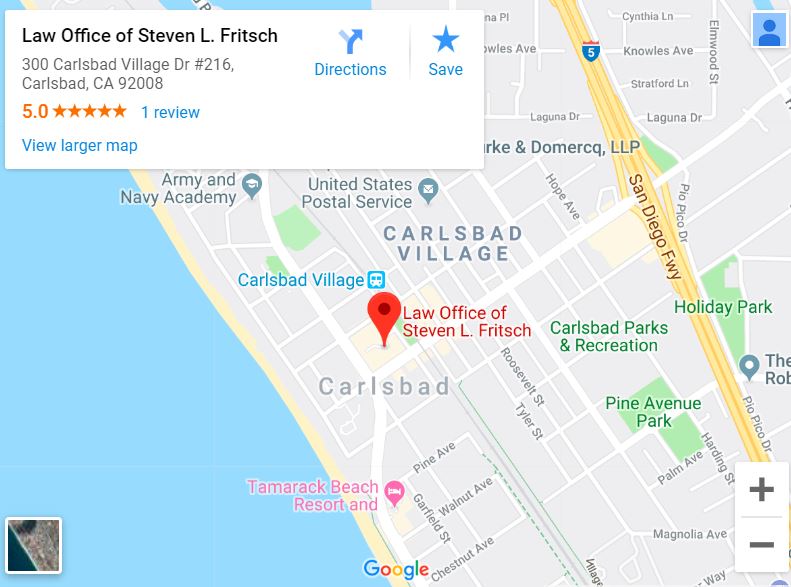 My last post discussed the Income and Expense Declaration and how it may be the most important divorce document there is. Its sibling, the Schedule of Assets and Debts (SOAD) is another important document. Both the Income and Expense Declaration and SOAD make up what are called “disclosures”. There are two rounds of disclosures: preliminary and final. Both disclosures must consist of two documents: Income and Expense Declaration and Schedule of Assets and Debts. There are no exceptions and no other documents will be accepted in place of them. The preliminary disclosures are mandatory and the final disclosures can be waived pursuant to an agreement. Failure to exchange these two documents will hold up processing of the judgment and if judgment is entered and no disclosures were done, a party can file a motion to vacate the judgment.
My last post discussed the Income and Expense Declaration and how it may be the most important divorce document there is. Its sibling, the Schedule of Assets and Debts (SOAD) is another important document. Both the Income and Expense Declaration and SOAD make up what are called “disclosures”. There are two rounds of disclosures: preliminary and final. Both disclosures must consist of two documents: Income and Expense Declaration and Schedule of Assets and Debts. There are no exceptions and no other documents will be accepted in place of them. The preliminary disclosures are mandatory and the final disclosures can be waived pursuant to an agreement. Failure to exchange these two documents will hold up processing of the judgment and if judgment is entered and no disclosures were done, a party can file a motion to vacate the judgment.
The Schedule of Assets and Debts is simply what it says. It states what assets and debts the parties have, the values, characterization and date the asset or debt was obtained. Although the preliminary disclosures do not necessarily need to list values, if the preliminaries do not, then the final disclosures cannot be waived and must list values. Therefore, it is good practice to list the values and attach documentation of the values for the preliminary disclosures just in case the matter settles and you want to waive final disclosures. It is also important that you list all assets and debts. If you fail to do so and the court deems you tried to hide an asset the ramifications can be great.
The court takes the disclosures very seriously. It really is the backbone of a divorce or legal separation. Full disclosure is what husband and wife are obligated to do. The court expects that the parties are going to be forthcoming and truthful and not intentionally hide assets. If the court believes a party has failed to do that, the ramifications can be great and very costly. Therefore, filling out a Schedule of Assets and Debts should be taken seriously and not done without thought. If things that are put on the Schedule of Assets and Debts are not true, you can bet that your spouse’s attorney will comment on that and cross examine you on it. As such, make sure they are done probably.
DISCLAIMER: This article is for educational and informational use only and is not intended to be legal advice in any way. If legal advice is needed, you should consult with an attorney.
